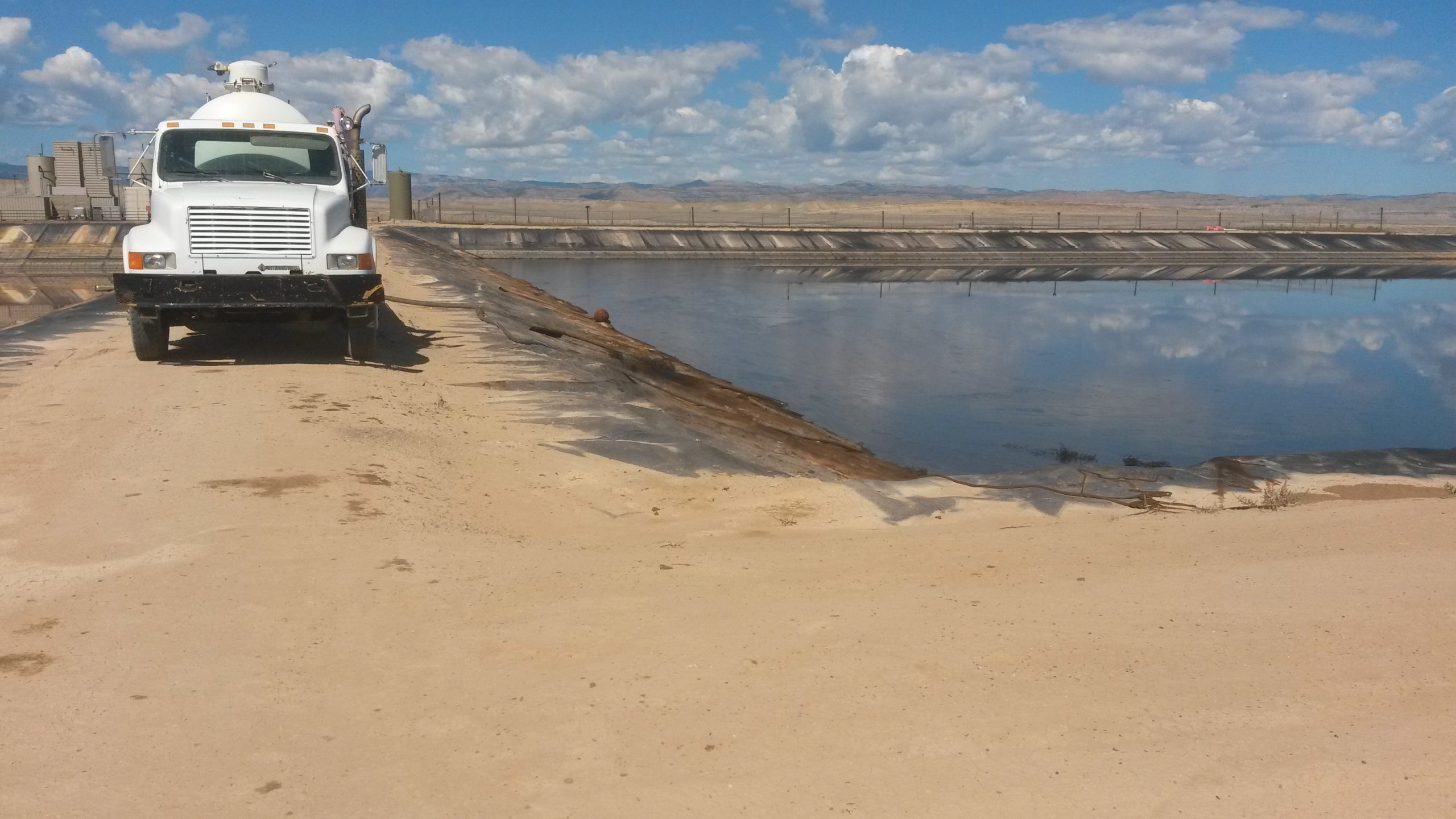Some information may be outdated.
If a company wants to operate an oil and gas wastewater treatment business in Grand County, it must install the best-available emissions control technologies. But the way that current county regulations are written, it doesn’t have to operate that equipment, according to Grand County Technical Inspector Lee Shenton.
The discrepancy in the county’s “produced water” ordinance is one of several flaws that a majority of Grand County Planning Commission members are moving to fix.
By a 5-1 vote on Oct. 8, the board suggested revisions to the ordinance, which regulates activities at facilities that accept salty and pollution-tainted water from oil and gas wells. Planning commissioner Ryan McCandless voted against the majority, and vice chairman David Tubbs was absent from the meeting.
The board’s recommendations now go on to the Grand County Council, which is expected to review them during its Nov. 5 meeting, Shenton said.
Shenton believes the planning commission did a good job crafting the ordinance back in 2008 and 2009. But that work was done long before state officials came up with new guidelines for companies like Danish Flats Environmental Services, which operates produced water evaporation ponds near Interstate 70, about halfway between Moab and Grand Junction, Colorado.
Now that those guidelines are on the books, Shenton said that county officials are working to keep the county’s ordinance in line with Utah’s regulations.
“It’s about harmonizing our requirements with the requirements of the state,” he said Oct. 9. “That way, if the state changes them for any reason, we don’t have to change the ordinance.”
County officials could always choose to adopt more restrictive language. But they cannot take steps to undermine state requirements, according to Grand County Community Development Director Krissie Braun.
“We couldn’t have something less strict that would just enable them to bury a sludge pond,” Braun said Oct. 8.
Some of the proposed changes took shape based on the county’s experiences in dealing with Danish Flats Environmental Services.
Shenton noted that the Windsor, Colorado-based company is technically in compliance with existing language that requires it to install the best-available emissions control system.
“But what they haven’t done is operate it,” he said. “So we required it in our new language: Not only should they be required to install it; they should be required to operate it.”
At the same time, the planning commission modified two proposed changes that would have been difficult ― if not impossible ― for produced water treatment operators to meet.
One proposal initially required evaporation pond facilities to remove oily sheens from their un-netted ponds on a daily basis. An almost-identical requirement would have mandated them to skim their netted ponds at least once a month.
However, planning commissioners and others ultimately came to the conclusion that the original language didn’t make sense, because the ponds can freeze over for weeks on end during the colder months of the year.
“We realized that we couldn’t be absolute,” Shenton said.
At the suggestion of planning commissioner Gerrish Willis, the board added the key words “weather permitting.”
Danish Flats Operations Manager Jon Goza said the revised change is a fair one to make, noting that the company already removes oily residuals from the ponds.
“We skim it frequently, but it’s weather-dependent,” Goza said.
Beyond that proposal, other recommended changes would make it easier for the Grand County Clerk’s Office to collect monitoring fees. The board is also asking the county council to broaden any specific references beyond “hazardous air pollutants” to include other kinds of regulated emissions.
“Rather than identifying just one of those, we wanted to make it more general,” Shenton said.
For the time being, at least, the board held off on any proposed changes that would have allowed produced water facilities in Grand County to take in briny water from regional salinity control projects.
According to Shenton, both Danish Flats and Armada Water subsidiary Harley Dome have voiced an interest in the idea of accepting waste from the U.S. Bureau of Reclamation’s Paradox Valley Unit near Bedrock, Colorado.
Every year, the project captures an estimated 110,000 tons of naturally-occurring salt that would otherwise flow from regional groundwater sources into the Colorado River via the Dolores River.
Under the current ordinance, neither one of Grand County’s produced water operations is authorized to accept that waste. But instead of moving to allow that use, planning commissioners reached the consensus that county staffers should try to draft a separate ordinance that addresses the issue.
Living Rivers Executive Director John Weisheit said he doesn’t believe that either company’s operations could make much of a difference for the Bureau of Reclamation: He estimated that the agency would need six or seven facilities as large as the 145-acre Danish Flats site to properly deal with the waste.
“They have a problem that evaporation ponds in Utah really couldn’t alleviate,” Weisheit said.
Although the Paradox Valley Unit’s injection well is 16,000 feet deep, it’s about to reach its limits, according to Weisheit.
“There’s no more room down there,” he said.
The bureau has said that Paradox Valley Unit is among the most effective salinity control projects in the Colorado River Basin, although Weisheit blamed the agency for creating the situation that led to increased salinity levels downstream.
“It never used to be a problem until they built McPhee Dam (on the Dolores River),” Weisheit said.
Even if officials come up with a new ordinance to allow that use in Grand County, companies would still have to win final state approval before they could begin to truck the Paradox Valley water to either facility.
“Neither one could start accepting that salinity control brine because the county says it’s OK,” Shenton said.
Rules address handling of salty and pollution-tainted water from oil and gas wells
Appreciate the coverage? Help keep local news alive.
Chip in to support the Moab Sun News.





